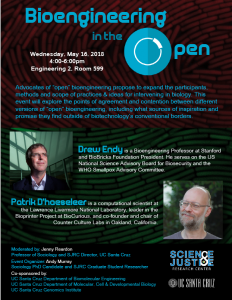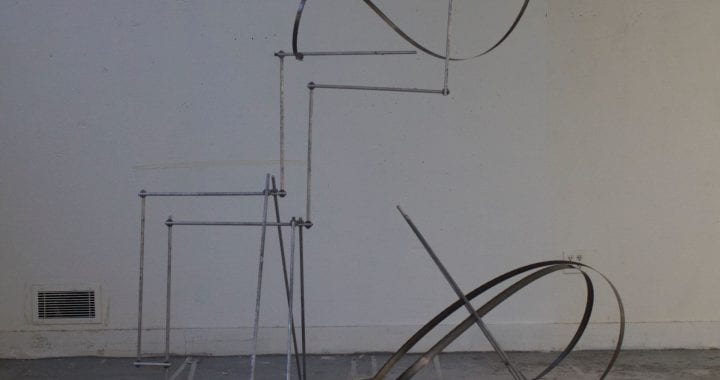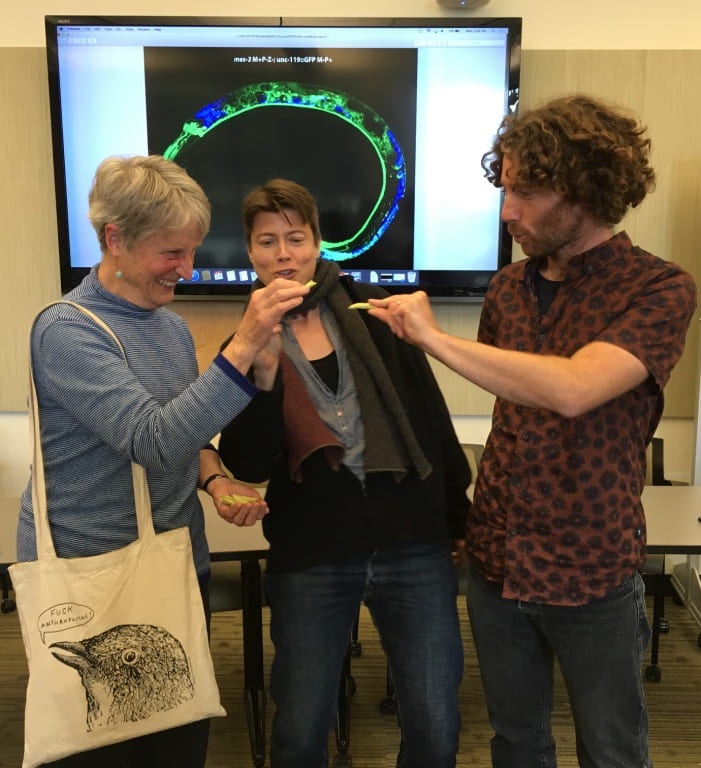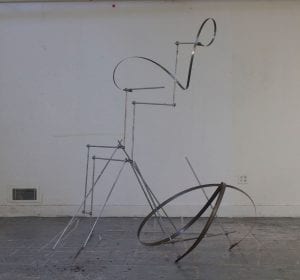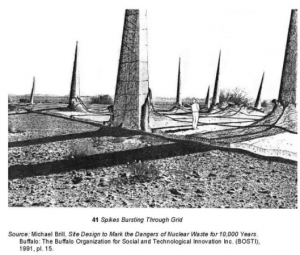Tuesday, March 5, 2019
7:00pm (reception to follow)
Kresge Town Hall
We all think we can tell the difference between information designed to deceive and journalism designed to inform. But how do we really know? Join Sally Lehrman in a discussion of this critical question in a climate of mistrust and misinformation. Lehrman, an award-winning journalist and Visiting Science & Justice Professor, founded and leads the The Trust Project, a consortium of top news companies that are developing publicly accessible standards for assessing the quality and credibility of the news you see online.
Read all about The Trust Protocol and The Trust Project and its news partners (the Economist, Globe and Mail, the Independent Journal Review, Mic, Italy’s La Repubblica and La Stampa, Spain’s El País and El Mundo, the Washington Post, and more) at the following links:
The Verge: Facebook adds trust indicators to news articles in an effort to identify real journalism
CNN Tech: Facebook, Google, Twitter to fight fake news with ‘trust indicators’
The Atlantic: What People Really Want From News Organizations
The Trust Project research: Trust Indicators boost readers’ perceptions of news credibility
Sally Lehrman founded and directs the Trust Project, an international consortium of news outlets implementing a transparency standard for journalism to help the public — and news distribution platforms — identify quality news out of the hubbub online. Lehrman was named one of MediaShift’s Top 20 Digital Innovators in 2018 for this work. An award-winning reporter on medicine and science policy with an emphasis on coverage of social diversity, her honors also include a Peabody Award, duPont-Columbia and the John S. Knight Fellowship at Stanford University, among others. Lehrman’s byline credits include Scientific American, Nature, Health, The Boston Globe, The New York Times, Salon.com, and The DNA Files, distributed by NPR. Her book, “News in a New America,” argues for an inclusive U.S. news media. Her co-edited volume on covering structural inequality is due out from Routledge in 2019. She is Science and Justice Professor at the UC-Santa Cruz Center for Science and Justice.
Co-Sponsored by the UC Santa Cruz Science and Justice Research Center and Kresge College’s Media & Society Seminar Series.

